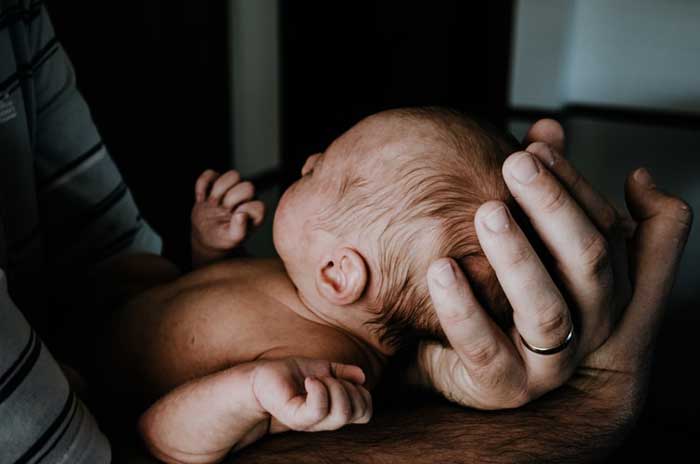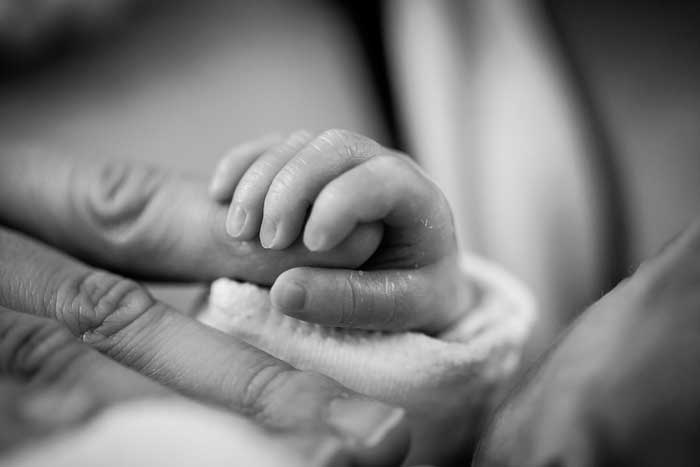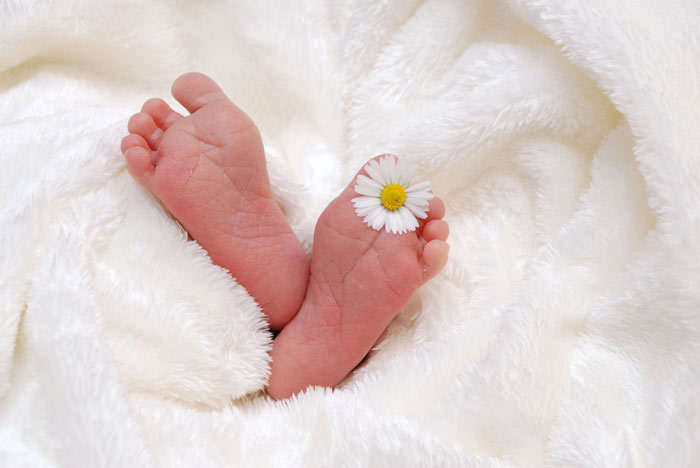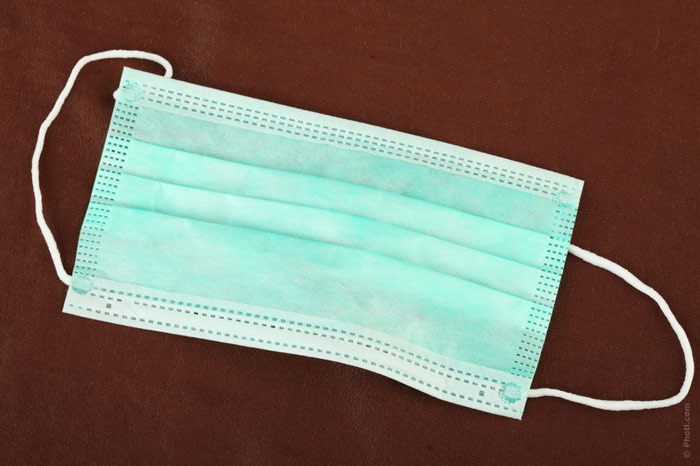Getting Pregnant after 50: Things to Remember
What is important to remember when deciding to become a mother after 50? Childbirth at 50+ is in trend today. According to Ben-Gurion University of the Negev (BGU) and Soroka University Medical Center researchers, age 50 is the new 40 when it comes to childbearing. There is no doubt that doctors and medical staff all over the world need to prepare for a growing number of women in labor over 50 who have decided to use their last chance for motherhood.
Indeed, giving birth at the age of 40 will not surprise anyone today, it has become quite commonplace.
Moreover, in many developed countries of the world, in particular, in Great Britain and the USA, the number of women who gave birth after 40 already exceeds the number of those who became a mother before the age of 20.
The development of reproductive technologies and the success of medicine shift the female age of childbearing ever further. Brigitte Nielsen gave birth at 54, Janet Jackson at 50, Halle Berry at 47, Rachel Weisz at 48. Not so long ago, the British Tracy Britten became famous all over the world at the age of 50 by successfully becoming the mum of quadruplets when she already was a grandmother of eight grandchildren.
According to the British Statistical Office, the number of women in labor at the age of 50+ has quadrupled over the past two decades, from 55 in 2001 to 238 in 2016. During this period, 1859 children were born in the UK, whose mothers were more than 50 at the time of birth, and 153 children were born by mums over 55 years of age.
No more dangerous than at 40
Since pregnancy and childbirth put a huge burden on all organs and systems of the mother’s body, the question arises: how safe is very late motherhood for a woman and for a child? Professor Scheiner and his colleagues concluded that there is no difference in giving birth at 40+ or 50+. In both cases, women must be aware that they are at great risk.
In women over 40, the frequency of complications of pregnancy and childbirth is significantly higher than in those who give birth at a younger age. However, no difference in these indicators has been found between the pregnancies at age 40 and at age 50.
If you decide to postpone motherhood after 40, be prepared for the fact that pregnancy and childbirth can be associated with high risks. If you give birth at 42, 50 or 52 years, there is no significant difference from the point of view of medical statistics.
The fact that a normal pregnancy at 50+ is quite possible has been confirmed, for example, by the results of a study conducted in Saudi Arabia in 2005. Employees of the Department of Obstetrics and Gynecology at the King Faisal University Clinic observed 49 pregnant women aged 50 to 55 years. All of them safely carried and gave birth to a total of 58 children (including seven pairs of twins and one triple).
However, all these women initially had very good health and did not suffer from any chronic diseases, and their pregnancy was handled by highly qualified specialists who provided timely medical care as soon as the need arose.
It’s better to rely on IVF rather than on chance
The decision to give birth after 50, of course, must be approached with even greater awareness than pregnancy at a young age.
On one side of the scale, there is a new page in life and a lot of positive emotions, and on the other there is a high risk of chromosomal abnormalities in a child.
If a 30-year-old mother has a chance of giving birth to a baby with Down syndrome at about one in 800, by the age of 40 the ratio already is one in a hundred, and at the age of 44 years – one in 25.
That is why experts recommend women aged 45+, even if they still have the ability to conceive naturally, use either their own egg cells frozen from a young age or donated from a young woman. In this case, the risk of chromosomal abnormalities in a baby will not be associated with the advanced age of the mother.
In addition, recent studies show that if you are over 40 and you want to give birth to a healthy baby, it is better not to rely on chance and nature, but to resort to IVF. Researchers from the University of Adelaide (Australia), found that congenital anomalies are much less common in babies whose mothers were over 40 years old and who used assisted reproductive technologies than in babies whose mothers conceived naturally at their age.
However, in both cases the incidence of birth defects is still higher than in children of young women. So, IVF is the best choice, but in this case, the risks remain.
An important factor is the health of the expectant mother
Another important point is your own health. During pregnancy, for example, the load on the heart increases by 50%, so if your heart and blood vessels are already not very healthy by the age of 45-50, it is better to abstain from pregnancy. It should be borne in mind that the increased risk of a heart attack and stroke in mothers over 40 does not end after childbirth, but remains high for months and even years.
Due to hormonal changes, the risk of breast cancer and exacerbation of existing chronic diseases, such as hypertension and diabetes, increases.
Thus, if you are thinking about pregnancy at 50+, you need to understand that you will need a lot of financial resources (taking care of your health, IVF, quality pregnancy management, childbirth), as well as a huge supply of strength that will be required not only for bearing the baby and childbirth but also for recovery and taking care of the newborn.
In youth, all the problems, such as sleepless nights, endless feeding, washing, colic and so on, are much easier to survive. There is so much more ahead that requires physical and mental endurance from the mother… Perhaps in your case everything will not be so difficult and scary, and the main thing is to remain optimistic and not to be shy to accept help from those who want to provide it.




